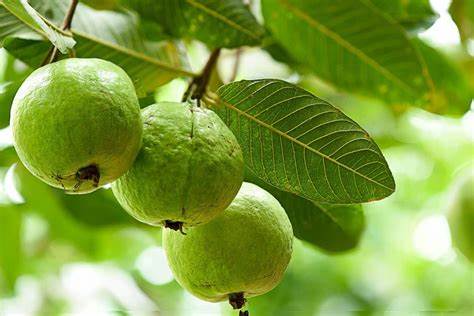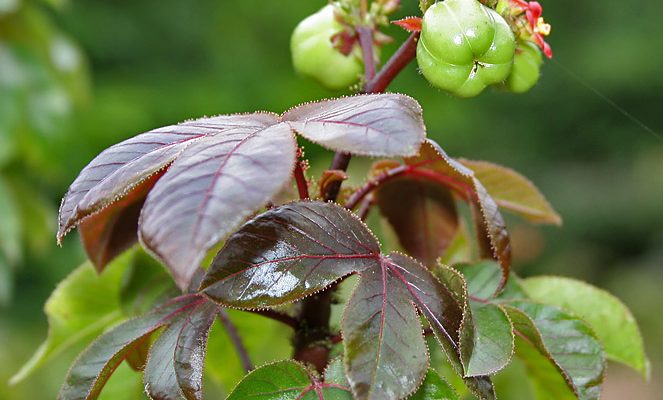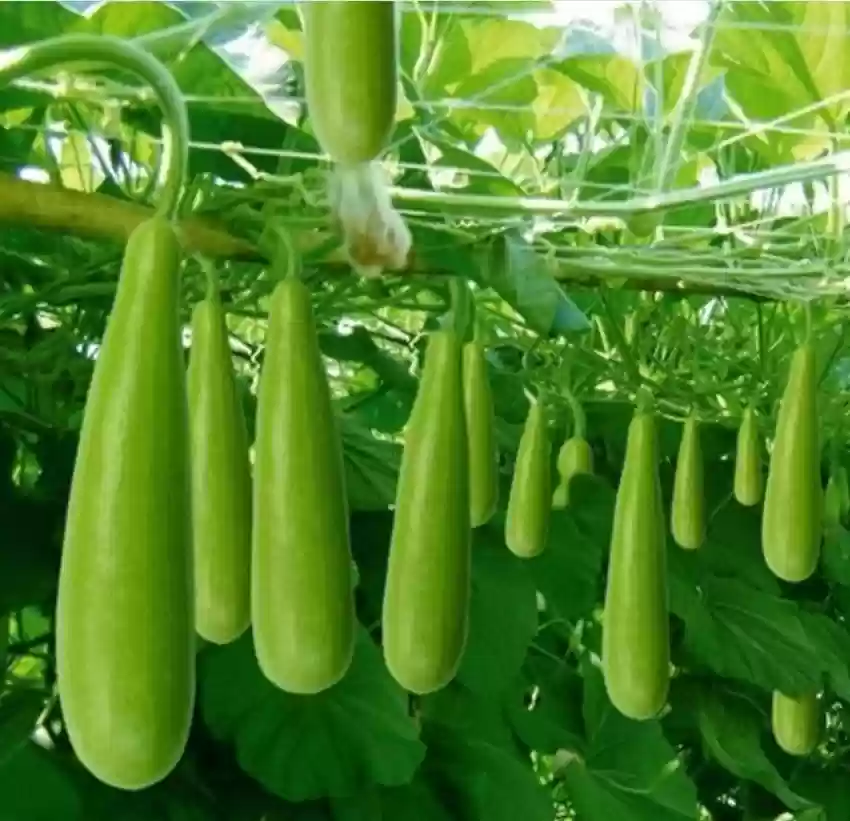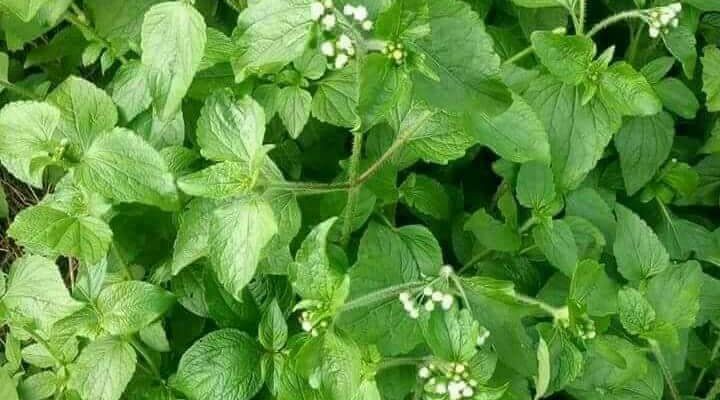Bengal Currant (Carissa Carandas)

Carissa carandas is a species of flowering shrub in the family Apocynaceae. It produces berry-sized fruits that are commonly used as a condiment in Indian pickles and spices. It is a hardy, drought-tolerant plant that thrives well in a wide range of soils
Health benefits of Bengal Currant (Carissa Carandas)
Carissa carandas, also known as karanda or Bengal currant, is a plant that has many medical benefits. According to Ayurveda, the ancient Indian system of medicine, Carissa carandas can help with various conditions such as:
- Acidity, indigestion, colic, and stomach pain: The fruit juice of Carissa carandas is sour and can improve appetite and digestion. It can also prevent excessive bile secretion and biliousness.
- Wounds, skin diseases, and diabetic ulcers: The plant has antiseptic, anti-inflammatory, and wound-healing properties. The latex, bark, and leaves can be applied externally to treat fresh and infected wounds, skin infections, boils, and ulcers.
- Urinary disorders and edema: The root and fruit of Carissa carandas have diuretic effects and can help with urinary tract infections, kidney stones, and fluid retention.
- Anaemia: The fruit of Carissa carandas is rich in iron and can help with anaemia and blood disorders.
- Cardiac diseases: The root of Carissa carandas contains cardioactive compounds that can improve heart function and blood circulation.
- Fever and nervine disorders: The plant has antipyretic and nervine effects and can help with fever, headache, insomnia, and mental disorders.
Carissa carandas is a versatile and valuable plant that can be used for various health purposes. However, it should be used with caution and under the guidance of a qualified practitioner, as it may have some side effects and interactions with other medicines or supplements.
Chemical properties of Carissa Carandas
Bengal currant, is a plant that has many chemical properties. Some of the major chemical constituents found in Carissa carandas are:
- Flavonoids: These compounds have antioxidant, anti-inflammatory, and antimicrobial effects. They are present in the fruits, leaves, and roots of Carissa carandas. Some of the flavonoids identified are carisol, carissone, carissic acid, carindone, carandinol, and carinol.
- Alkaloids: These are nitrogen-containing compounds that have various biological activities. They are present in the roots and fruits of Carissa carandas. Some alkaloids identified are echitamine, echitamidine, echitovenine, and echitovirine.
- Terpenoids: These are compounds that have diverse structures and functions. They are present in the fruits, leaves, and roots of Carissa carandas. Some of the terpenoids identified are ursolic acid, lupeol, β-sitosterol, and linalool.
- Phenolic acids: These are compounds that have antioxidant and anti-inflammatory effects. They are present in the fruits and leaves of Carissa carandas. Some of the phenolic acids identified are gallic acid, caffeic acid, chlorogenic acid, and ferulic acid.
- Carbohydrates: These are compounds that provide energy and structural support. They are present in the fruits and seeds of Carissa carandas. Some of the carbohydrates identified are glucose, fructose, sucrose, and pectin
How to Use the Bengal Currents as a Herb
Some of the ways to use them are:
- As a condiment: The ripe or unripe fruits can be used to make pickles, chutneys, jams, or syrups that can enhance the flavor and nutrition of various dishes12
- As a medicine: The fruits, leaves, roots, and latex of the plant have many medicinal properties, such as improving digestion, healing wounds, treating urinary disorders, and preventing anemia123 They can be consumed as juice, decoction, infusion, or oil, or applied externally as a paste or poultice23
- As a tea: The leaves of the plant can be dried and brewed as a herbal tea that can help with fever, headache, insomnia, and mental disorders









Review Bengal Currant (Carissa Carandas).
You must be logged in to post a review.